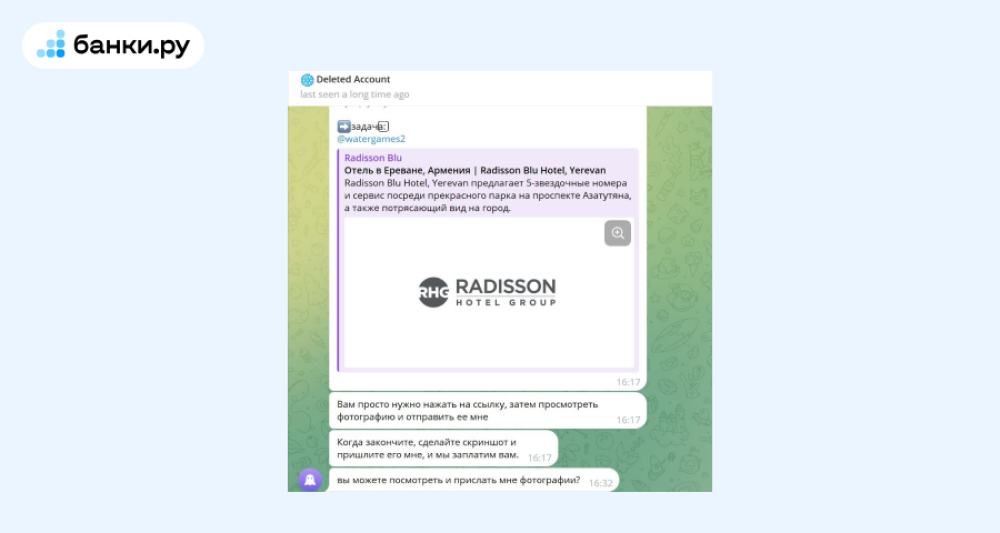KOMMERSANT. Russian banks have not dropped plans to break onto the Baltic market. Following Latvian Citadele and GE Money Bank they have showed interest in Lithuanian lender Finasta, a subsidiary of scandal bankrupt Lithuanian bank Snoras, which was previously controlled by entrepreneur Vladimir Antonov. There are two contenders on the Russian side: Investtorgbank and M2M Private Bank, Kommersant business daily wrote.
Three sources on the Baltic banking market told the paper about the interest that Russian lending institutions, Investtorgbank and M2M Private Bank, have in Lithuanian investment bank Finasta, a subsidiary of Snoras. Investtorgbank confirmed its intentions. “We are interested in the Baltic market as a whole and in Finasta in particular in order to expand our operations,“ the bank’s acting management board chairman Vitaly Glevich told the paper. “We’re exploring options to obtain a banking license in Europe, including in the Baltic States, and Finasta is on the list of opportunities under review,” M2M Private Bank management board chairman Robert Idelson said.
Finasta, which specializes in managing customer funds and brokerage, was put up for sale after the Lithuanian government nationalized the bank, and later decided to bankrupt its parent company, Snoras, No. 5 lender by assets in Lithuania at that time. The bank’s former owners, entrepreneurs Vladimir Antonov and Raimondas Baranauskas, who fled to the UK, are accused of having taken cash out of the bank and camouflaged the bank’s financial problems.
Recently Russian bankers have become more interested in doing business in the Baltic States. As Kommersant already wrote, Otkritie FC previously made inquiries about the purchase of GE Money’s Latvian subsidiary. Otkritie FC and M2M Private Bank also demonstrated their intentions to buy Latvian lender Citadele.
The intention of Russian banks to enter the Baltic States market is driven by competition over wealthy customers who need support for export and import operations, thinks Eduard Savulyak, head of the Moscow office of Tax Consulting U. K. “Customers focused on external trade activities are the most sought-after category, but to serve them, for instance, to provide bank guarantees, arrange trade finance deals, etc., it is necessary to hold a European license which for a mid-sized Russian bank is the most available just in the Baltic States," Savulyak said.
Meanwhile, he is not inclined to see any negative motives for deals of this kind saying that “once the issue of legality of funds determined a considerable part of money flows between Russia and the Baltic States, but since then the Baltic States have joined the EU, regulation on their territories have been substantially tightened, and the fate of Antonov’s banking empire is just a bright example”. Furthermore, it is unreasonably expensive to buy a European license just for suspicious operations. “It is simpler not to pay around $10 mln for a Baltic bank, but to buy a Russian lender for $1.5 mln," he concluded.










